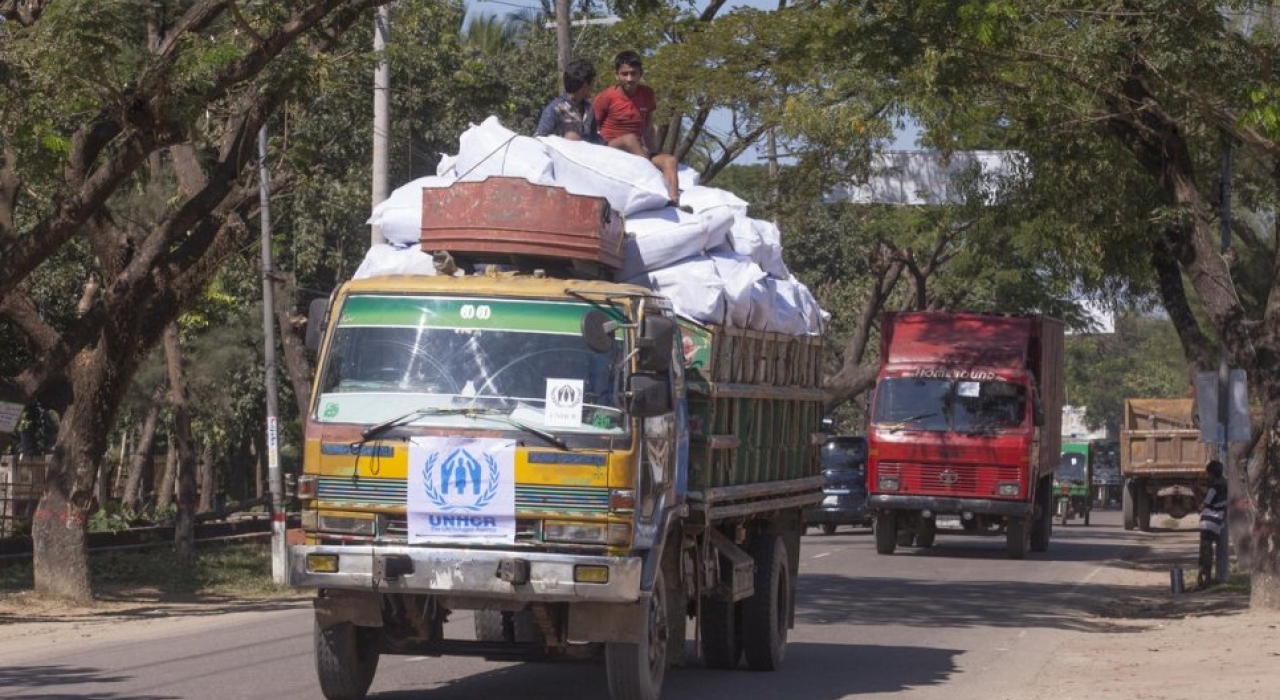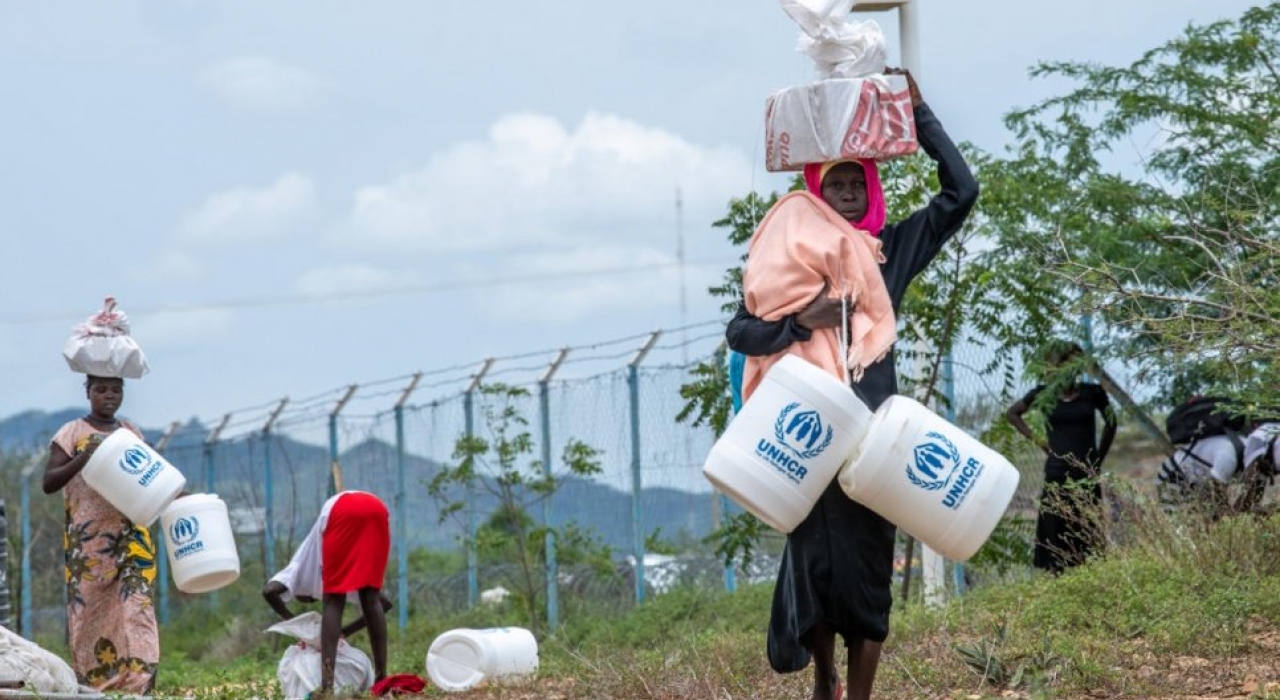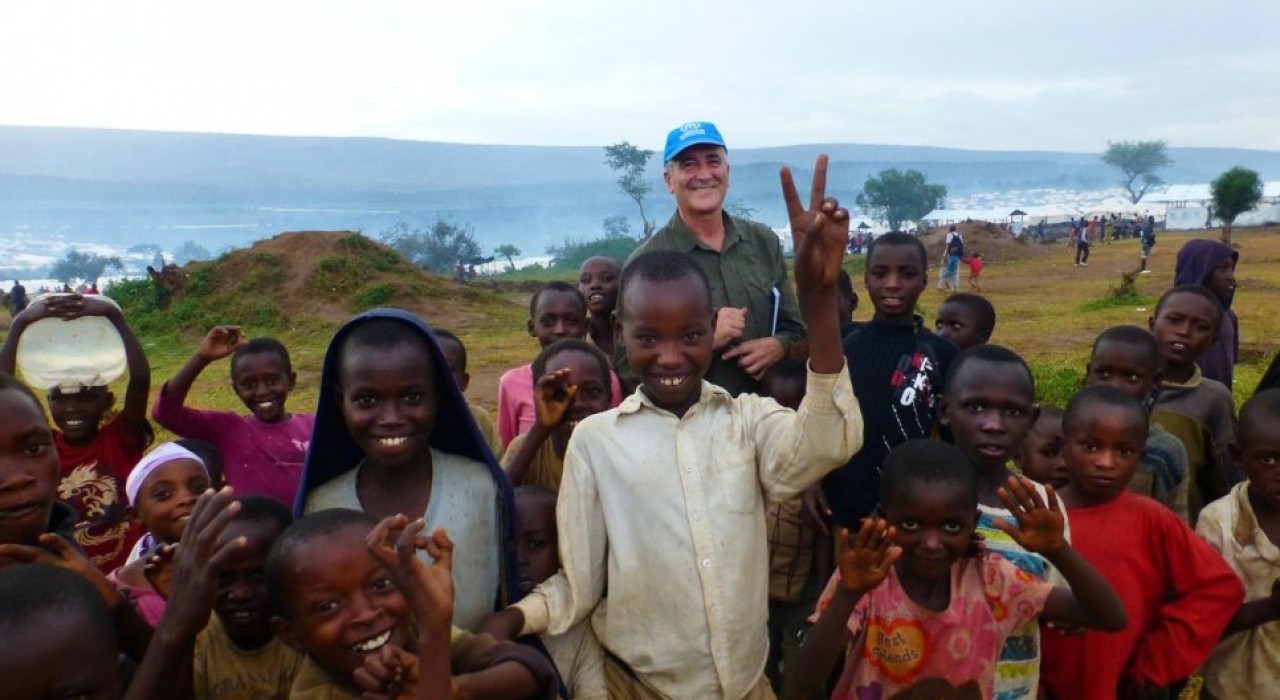‘The pandemic has stressed production and transportation in unprecedented ways’
Logistics are the backbone of UNHCR, the UN Refugee Agency. Vicente Escribano, head of the Supply Management Service, opens up to Matthew Mpoke Bigg about the vast challenges his team faces in delivering shelter, food, medicines and other essential items to some of the world’s hardest-to-reach areas – and how UNHCR is rising to the challenge of delivering aid during the COVID-19 pandemic.
What is UNHCR’S Supply Management Service and how does it deliver aid?
Logistics is central to UNHCR. Unless shelter, food, medicines and other essential relief items are delivered there is no protection. The Supply Management Service (SMS) uses cars, trucks and planes and its goal is to respond to needs fast and effectively. When an emergency is declared anywhere, we aim to deliver core relief items for up to 600,000 people within 72 hours.
We use a network of eight global stockpiles situated near ports and airports from which big cargo planes can airlift goods to places of concern. The aid includes tents, blankets, kitchen sets, sleeping mats, solar lamps, jerry cans, plastic sheets, mosquito nets and buckets.
In 2019, SMS delivered core relief items to assist 23 million people from global stockpiles or our suppliers to new emergencies and on-going operations. We shipped 1,700 containers worldwide, an average of around five trucks a day. The value of the core assistance was US$126 million. In addition, we responded to emergencies with eight airlifts.
The SMS team of 110 people works from Budapest. In addition, 12 staff work in our global warehouses or in the field, doing vehicles and asset disposal. SMS staff also work on procurement. Last year, UNHCR procured goods and services for a value of US$ 1.3 billion. They also manage logistics, oversee inventories and over 180 warehouses worldwide and they manage a fleet of over 6,500 light vehicles in a centralized rental scheme. The global supply community is composed of some 600 people in over 70 countries.
What challenges does the team face under normal circumstances?
Our main challenge is the uncertainty of an emergency and delivering aid in rough and isolated places.
To deal with uncertainty we plan and anticipate the unknown by prepositioning stock and assessing the likelihood of an emergency. We also plan responses with programme colleagues in every operation and we stand ready to deploy staff to emergencies.
We need to establish a warehouse network that supports difficult operations and create a local supply base of key items. This helps the local economy because suppliers may be asked to maintain certain stock to respond to unexpected surges in demand.
It helps to be flexible. When refugees settle along a river, we may need to hire boats to serve them. To overcome a country’s rainy season, we store items during the dry season, or deliver by small plane to a flooded area. Landlocked countries may require stocks to be pre-positioned near a port. Then we establish a corridor.
Other times, the challenge involves politics. Governments can forbid the movement of trucks. Clearing customs can be a problem. Violence can make delivery difficult and dangerous. Our team needs to be flexible to get the job done while staying safe.
How hard is to deliver aid given the fast-evolving COVID-19 crisis?
It’s extremely challenging. The global supply chain collapsed and suppliers of personal protective equipment (PPE) and medical items were overwhelmed. Prices have skyrocketed. Available stocks are offered now, but not tomorrow. Advanced payment is required in many cases and lead-times are not guaranteed.
Moreover, the transportation system has grown chaotic. Most air freight forward planes are down, increasing demand for the limited available supply. Sea freight forwarders are struggling to maintain schedules due to port closures, restrictions and quarantines. Some governments have locked down imports and exports, inhibiting suppliers. In addition, the UN is competing with governments for limited supplies.
To manage this uncertainty we have expanded the number of global suppliers, from four to 13 and developed more than 70 local suppliers.
We have also simplified and streamlined procurement measures. Contracts are handled on a fast track basis and we work with other UN agencies for procurement and transportation.
We have issued purchase orders for PPE’s and medical items for 33 countries. So far we have airlifted relevant supplies to Iran, Bangladesh, Uganda and Chad and secured bookings for shipments to Kenya, Ethiopia, and also Iran. In addition, orders for a value of US$6 million – for masks, gowns, oxygen concentrator tests and gloves – have been placed. And we are managing in-kind donations from China and the African Development Bank, and from Unilever, 725,000 bars of soap for Cameroon.
What’s been the greatest success since the crisis began?
It is too early to talk about overall success. We are working hard to get the engine moving.
How can UNHCR mobilize to ship aid to anywhere in the world within 72 hours?
To 600,000 people in 72 hours after an emergency is declared is the equivalent to loading and shipping eight big aircraft stocked with core relief items daily for three days. We use a network of eight global stockpiles in Dubai, Amman, Copenhagen, Accra, Douala, Nairobi, Kampala and Panama. Each has access to an international airport ready to manage the air lift. We maintain inventories. Our supply staff stand ready to receive the goods, manage customs and set up last mile delivery.
Spain, your home country, has been hit hard by COVID-19. What message do you have for that country?
I was on mission in the Americas when the Spanish government imposed a lock down. I managed, despite flight cancellations, to return to Spain on 18 March and decided to telework from Barcelona given restrictions on traveling to Budapest. Spain is fighting the virus in a very disciplined way. My impression is that the country is experiencing fear, uncertainty, anger, vulnerability, but also resilience, solidarity, and hope. My message to my compatriots is that the disease will end. A vaccine will be found. But society should look at itself in the mirror and reflect on how vulnerable we are and how we use our resources.
What makes you passionate about the work that you do at UNHCR?
I joined UNHCR in 2010 as Head of SMS at a time when deep transformation was needed. I had spent 35 years in the private sector with multinationals, but I always wanted to work in the humanitarian sector. Since then, we have achieved great progress and saved money.
Our work has an impact on people’s lives. Ordinary and often vulnerable refugees can feel protected by what we do. It’s a matter of life and death. So when we do our work well it feels very special.
-

Dispelling anxieties, medics and refugee volunteers join forces to vaccinate refugees in Thailand
16 Feb 2022COVID-19 vaccinations of refugees in Thailand have been proceeding apace, thanks to the combined efforts of public institutions, partners and refugees themselves.
-
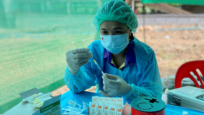
COVID-19 vaccination of vulnerable displaced persons begins in Thailand
26 Oct 2021Press Release – Bangkok, 26 October 2021 On 25 and 26 October, 1,295 displaced persons in Ban Tham Hin Temporary Shelter in Suan Phueng District, Ratchaburi, received their first dose of COVID-19 vaccines, thanks to the effort of Thai Red Cross and its network partners. Administration of second dose is […]
-
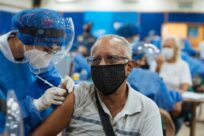
Refugee health challenges remain high amid COVID-19
7 Jul 2021 -
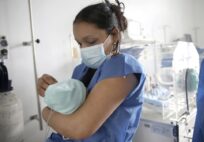
UNHCR warns of vaccine gap risk for world’s stateless
25 Jun 2021UNHCR, the UN Refugee Agency, is warning today that many of the world’s stateless people may miss out on vaccinations as a result of their lack of citizenship or proof of identity. “There are millions known to be stateless around the world, without the nationality of any state. This has […]
-

Refugees receive COVID-19 vaccinations in Jordan
14 Jan 2021Jordan has become one of the world’s first countries to start COVID-19 vaccinations for refugees, UNHCR, the UN Refugee Agency, reports today. Raia Alkabasi, an Iraqi refugee living in the northern city of Irbid, was the first UNHCR-registered refugee in the country to receive the vaccine at the Irbid Vaccination […]

